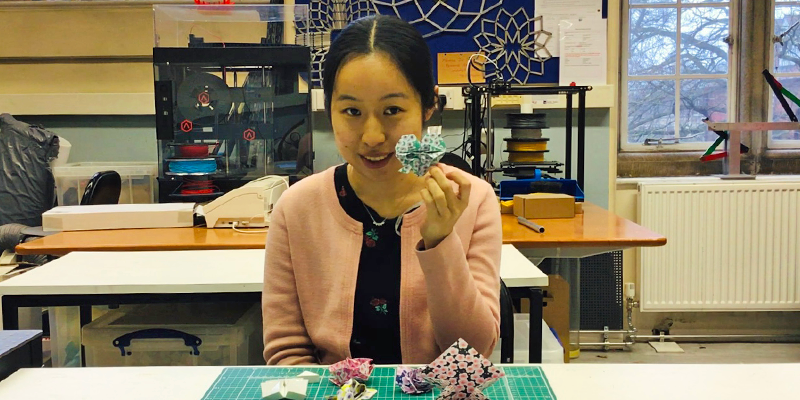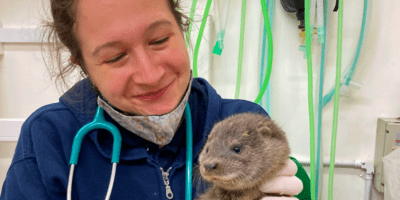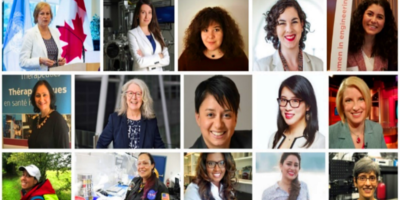Chenying Liu is an origami engineer and roboticist, working towards her PhD in engineering science at the University of Oxford. Chenying is a speaker at Soapbox Science Milton Keynes, taking place at Middleton Hall on 25th June 2022, and the title of her Soapbox talk is: “From millipedes to robots – what can we do using origami?” In her talk, Chenying will discuss origami, the folding technique, and how we use it not only in our daily lives, but also in science, giving an overview of her research into the possibilities of folding plastic materials to design robots.
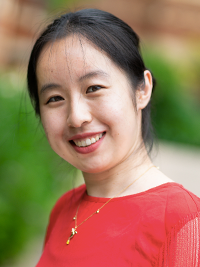
“Thanks to my parents’ professions I had the opportunity to be exposed to both humanistic care and scientific ideas, which had a profound impact on many of my life decisions, although I wasn’t aware of that in my early childhood.”
Embracing humanistic care and scientific ideas
I’m a DPhil candidate in engineering science (DPhil is known as PhD anywhere else) at the University of Oxford, doing research on origami and robotics. 25 years ago, I was born in China and received my primary and secondary education in Shenyang, a capital city located in the northeast part of my home country.
My mother has been a pharmacist and my father used to be a pilot and then an engineer in the air force, while now he has retired and stays at home with our little dog. Thanks to my parents’ professions I had the opportunity to be exposed to both humanistic care and scientific ideas, which had a profound impact on many of my life decisions, although I wasn’t aware of that in my early childhood.
Getting out of my comfort zone to learn culturally as well as academically
I chose to study automation at Beihang University (formerly known as Beijing University of Aeronautics and Astronautics) for my undergraduate degree. Having spent four years in Beijing, not far away from my home city, I was lucky enough to learn about topics ranging from basic maths and physics to advanced mechanical and electrical engineering.
After a summer programme at the University of Michigan, in Ann Arbor, before my final year, I decided to pursue my postgraduate study abroad so that I could get out of my comfort zone to learn things, not only academically but also culturally. An opportunity to study origami engineering at the University of Oxford came to me – so that’s why I’m here writing this piece now!
Doing origami with wood, metal and plastic
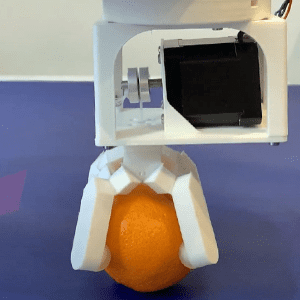
From my second year, I also picked up a few teaching and outreach duties as I really love spending time with the younger students – it’s not merely a line on my CV but it connects me with different people, from whom I can learn a lot as well!
Becoming a mental health first aider to help tackle the invisible impact of COVID
Looking back at the timeline of my DPhil at Oxford, I had one (or two) terms of ‘normal’ life before COVID broke out. Although my research is not heavily lab-based, it is still not true to say that COVID had little impact on what I do – in many invisible ways, the pandemic has changed how I think of and approach the questions, and subsequently what I do.
When working from home becomes a daily routine, I have never been so thrilled to meet friends and lab mates. The pandemic also alters how I act outside research – I’ve become increasingly aware of the state of the mental health of people around me. Even without COVID, doing a PhD can be a lonely journey, not to mention lots of ups and downs. Active listening can be super useful to help someone get things off their chest – therefore, I chose to become a mental health first aider during the post-pandemic era, which might be one of the best decisions I made until now.
Introducing an origami-inspired millipede robot
In early 2022, I heard about Soapbox Science from a departmental newsletter – I was immediately amazed by its diverse community of speakers and organisers, and its role in advocating for women and non-binary people. Luckily, I was selected as one of the 12 speakers at Milton Keynes and I’m very excited to talk about some of my work on an origami-inspired millipede robot.
Specifically, I’ll be talking about the biological features of a millipede and its relatives such as pill bugs and lobsters, and move on to how I use origami to imitate the behaviours of such living organisms.
There will be lots of interactive parts in my talk – I’ll try my best to use the five engagement tools: ‘Hook’; ‘Inform’; ‘Enable’; ‘Extend’; and ‘Reflect’ to connect with my audience. Hopefully, people can understand why origami, the Japanese paper art, is useful in engineering, and how we use it to simplify the process of making robots.
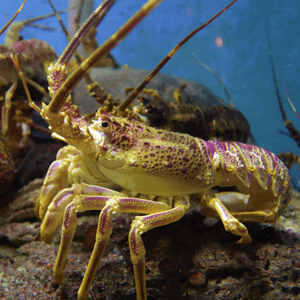
You can see lots of previous examples from other researchers here:
https://www.youtube.com/watch?v=3E12uju1vgQ
https://www.youtube.com/watch?v=Y-6fKoqKEKo
https://www.youtube.com/watch?v=L_9BDZ6ZBwk
I’m very excited to expand its scope of applications in the near future, and hopefully, finish my DPhil in 2023!
Seeing old and new faces
I really look forward to seeing old and new faces at this year’s Soapbox Science event. To learn more about my past work, you can check out this video.

